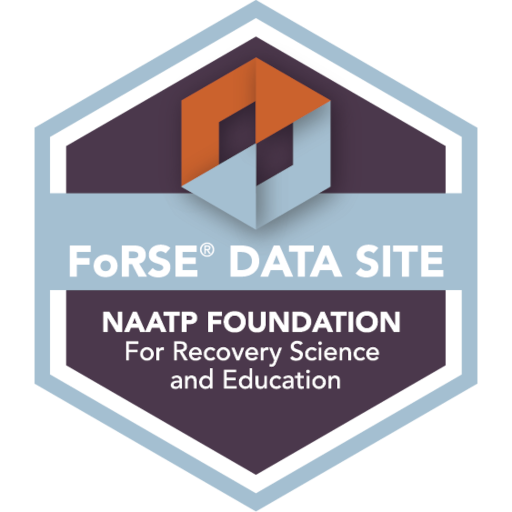Alcoholics Anonymous (AA) helps people overcome alcoholism.
Many—including our staff—will say that is not news. Based on many years of experience, they have felt that way for decades.
What is new is a comprehensive analysis–conducted by a Stanford School of Medicine researcher and published in the respected journal, the Cochrane Database of Systematic Review–supports that observation.
After evaluating 35 studies—involving the work of 145 scientists and the outcomes of 10,080 participants—Professor Keith Humphreys and his team determined that AA is often more effective than psychotherapy alone in achieving abstinence, according to an article on the Stanford University School of Medicine website.
And while the researchers only looked at studies of AA, Humphreys says the results are “certainly suggestive that these methods work for people who use heroin or cocaine.”
Supports Our Experience, Says Dr. McQueen
“This evidence supports what many of us have known and experienced,” says Dr. Katie McQueen, a member of the La Hacienda Treatment Center medical staff.

“My personal experience, and my observation in working with thousands of people, is that AA and other 12-step programs are effective and potentially life-changing and life-saving, but this type of testimony or ‘evidence’ has not been generally accepted.”
“Twelve-step programs are very difficult to research due to anonymity, challenges comparing 12-step work with a ‘placebo’ or alternative, problems randomly assigning people to one intervention or another, and other factors,” she explains.
“These barriers led clinicians and scientists to discount the potential benefits, and subsequently miss opportunities to help people by facilitating participation.”
Earlier Study was Inconclusive
Such was the case 14 years ago, says Dr. McQueen, when a study failed to support the effectiveness of 12-step programs.
“Cochrane Systematic Reviews are one of the most respected forms of information on medical interventions. But after a 2006 study, Cochrane concluded, ‘No experimental studies unequivocally demonstrated the effectiveness of AA or 12-Step facilitation approaches for reducing alcohol dependence or problems.’”
“In the years that followed, AA came under fire, and many professionals and members of the public openly criticized and discouraged participation in AA.”
‘Significantly Better’
But Professor Humphrey’s more thorough recent analysis came to an entirely different conclusion.
Most of the studies his team evaluated found AA was significantly better than other interventions or no intervention. None of them found AA to be less effective, according to the article on the Stanford Medicine website.
“AA works because it’s based on social interaction,” Humphreys says, noting that members give one another emotional support as well as practical tips to refrain from drinking. “If you want to change your behavior, find some other people who are trying to make the same change.”




